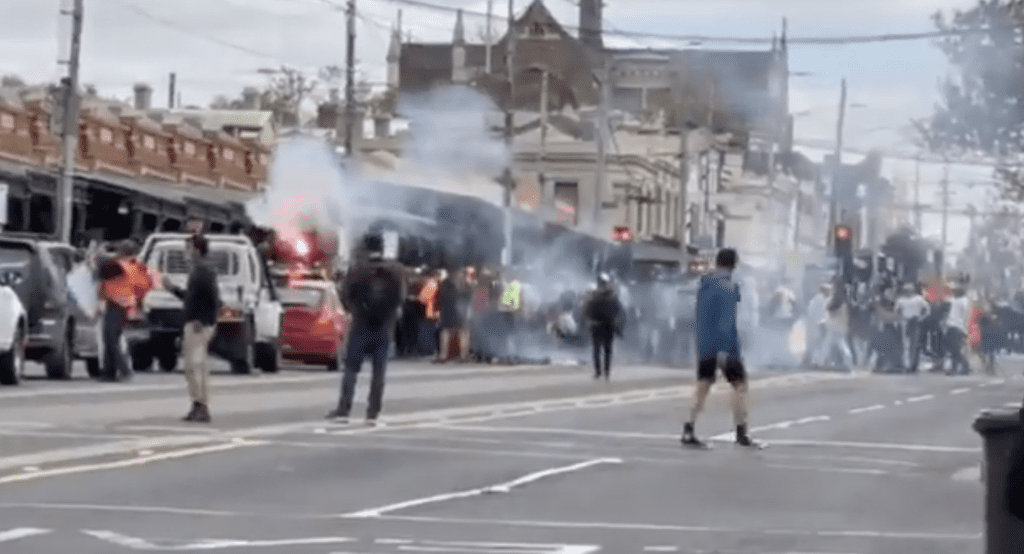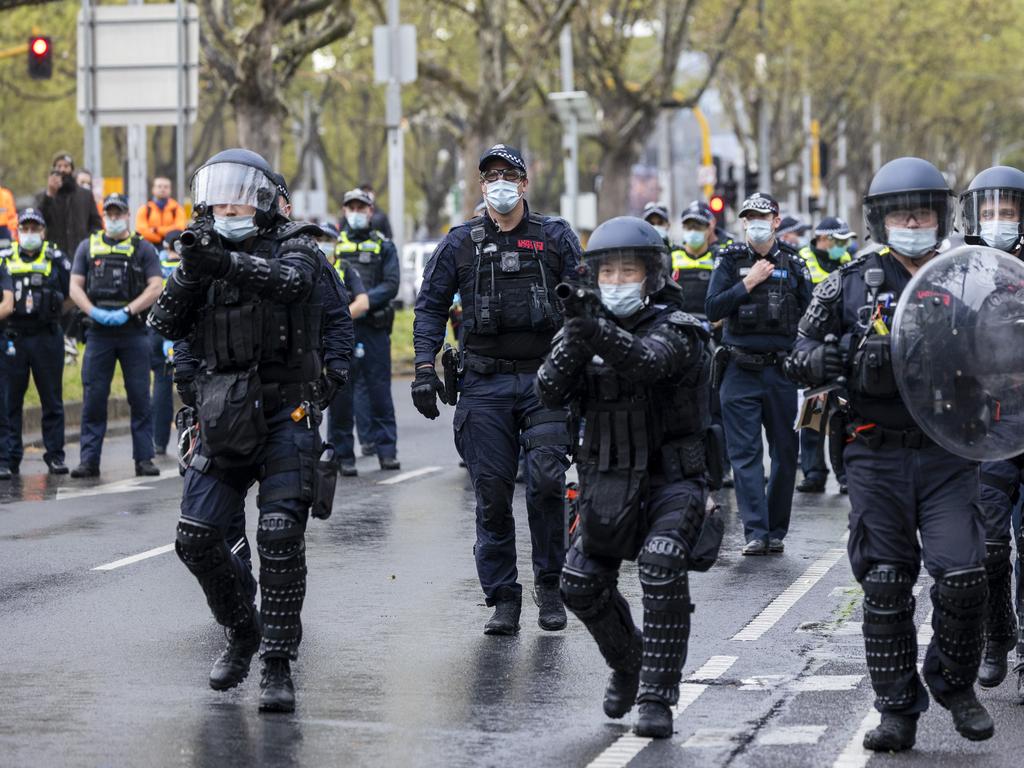News
Melbourne protests fizzle on fourth day

Crypto
Crypto crash alert: Bitcoin and Ethereum plunge amid market turmoil
Crypto market downturn hits Bitcoin and Ethereum; insights on volatility, recovery, and long-term targets from Oz Sultan.
News
Airbus hit by new A320 fuselage panel defect triggering share price drop
Airbus faces manufacturing issues with A320 fuselage panels, impacting shares but confirming safety for in-service aircraft.
News
Bitcoin tanks as markets turn risk-off and tech stocks slide
Bitcoin drops over 7% to $84,555, its lowest in a week, amid waning investor confidence and bearish market pressures.
-



 Shows2 days ago
Shows2 days agoAI and automation driving sustainability in industries
-



 Shows2 days ago
Shows2 days agoEarly adopters of automation gain significant competitive advantage
-



 Shows2 days ago
Shows2 days agoCybersecurity concerns rise amidst AI industrial adoption
-



 Leaders4 days ago
Leaders4 days agoRegional small businesses thrive through digital marketing strategies
-



 Shows2 days ago
Shows2 days agoHow London is attracting global investment and staying competitive
-



 News2 days ago
News2 days agoRobotics and AI driving fourth industrial revolution innovations
-



 News5 days ago
News5 days agoShoppers cut back this Black Friday as budgets tighten
-



 News5 days ago
News5 days agoNational Guard ambush: Afghan man charged after D.C. shooting








